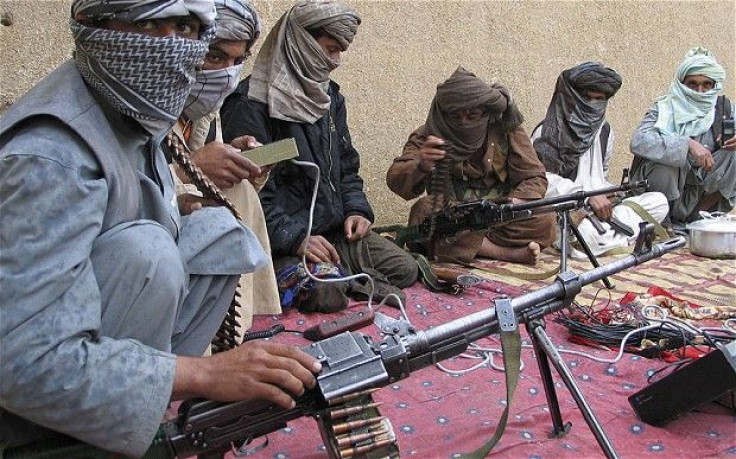Afghanistan May Collapse After 2014: International Crisis Group

Afghanistan is “plagued by factionalism and corruption” and is “far from ready to assume responsibility for security,” the independent Brussels-based International Crisis Group warned Monday in a report.
The U.S. and NATO have repeatedly insisted that they are sticking to their timetable of turning over control of national security to the Afghans by 2014. But ICG urged caution in the face of “another set of fraudulent elections” and police who are overwhelmed.
“There is a real risk that the regime in Kabul could collapse upon NATO’s withdrawal in 2014,” said Candace Rondeaux, the ICG’s senior Afghanistan analyst, in a statement.
“The window for remedial action is closing fast,” she said.
Rondeaux and the report pointed toward the fractured government as a main culprit in Afghanistan’s terrible report card, citing “institutional rivalries, conflicts over local authority, and clashes over the role of Islam in governance,” that have caused crisis after constitutional crisis for “nearly a decade.”
ICG said that any semblance of political cohesion in Kabul will likely fall apart as foreign aid and donor funding also diminish with the 2014 deadline, as is already happening.
“It is a near certainty that under current conditions the 2014 elections will be plagued by massive fraud,” the report said, adding that the least-stable areas are likely to see the most vote-rigging, and that despite President Hamid Karzai’s assurances of a graceful exit, “fears remain that he may, directly or indirectly, act to ensure his family’s continued majority ownership stake in the political status quo.”
“President Karzai and parliament have long known what needs to be done to ensure a clean vote, but they have steadfastly refused to take any serious steps in that direction,” said Rondeaux.
“Karzai seems more interested in perpetuating his own power by any means rather than ensuring credibility of the political system and long-term stability in the country.”
The report recommended announcing a date for the next election before the end of 2012, and it suggested that the international community should stay involved to “ensure adequate security” for the voting.
However, both NATO and the Afghan government told the BBC they rejected the findings the report.
An Afghan spokesman dismissed the report as “nonsense and garbage.”
NATO Secretary General Anders Fogh Rasmussen said he “did not share the ICG’s negative assessment,” and that he was “confident the Afghan security forces would be able to take charge after 2014.”
Shashank Joshi, an international relations Ph.D candidate at Harvard, wrote in an opinion piece in the Telegraph that if NATO were to ask Iran, Russia and India for help, a solution could be in sight. It may seem an odd group, but Iran and the Taliban are enemies, Joshi pointed out, and “remarkably, Iranian officials were even open to working under U.S. command to train Afghans,” he wrote.
Also, India and Kabul recently signed a deal to train Afghan officers in Delhi, and as for Russia, “Moscow has no wish to see the resurgence of fundamentalist forces on its southern flank.”
The 2014 deadline is still two years away, but time is running out, as the ICG wrote, and the international community must act soon to put recommended reforms in place and avoid having 11 years of work blown to bits.
© Copyright IBTimes 2024. All rights reserved.












